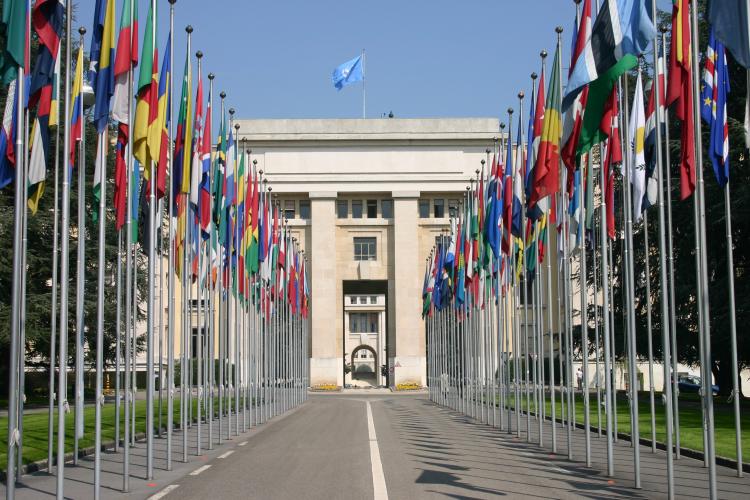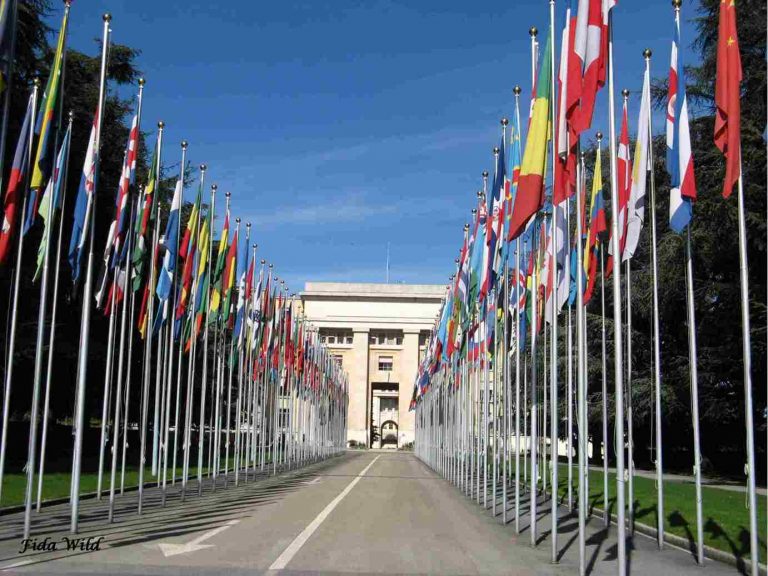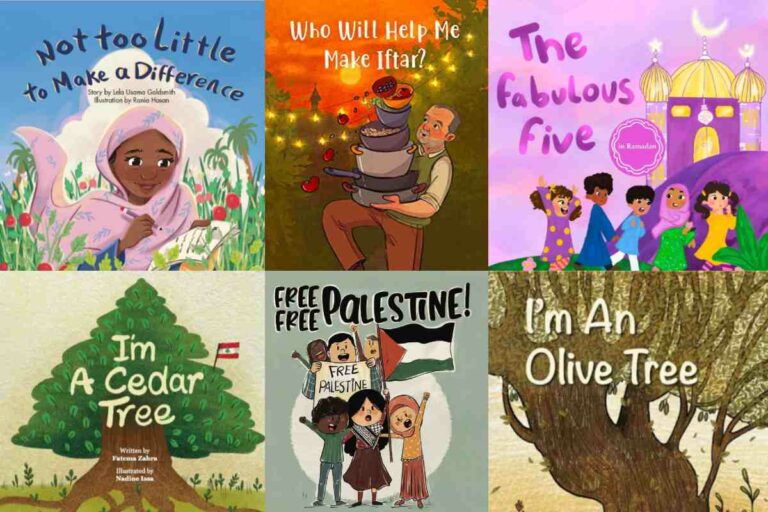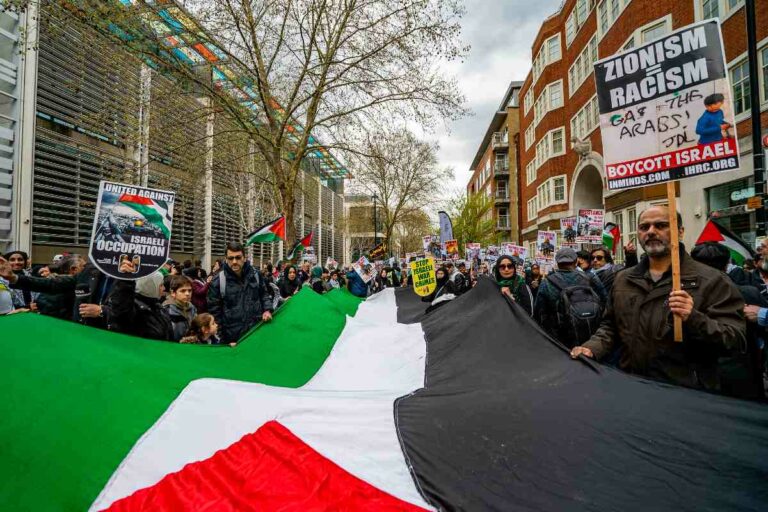Background
The Central African Republic is a landlocked country with a population of approximately 4.6 million. It is a mineral rich country but the resources have been largely untapped. Christians make up the majority of the population at 50%, Muslims are the minority at 15% and the remainder of the population follow indigenous belief systems. Muslims in CAR originate from Chad, Sudan as well as those that became Muslim with the spread of Islam.
Anti-Muslim violence in 2013 was widely reported in various media for a period of time, and fears of genocide resulted in the deployment of external forces.
The immediate causes of violence
The Central African Republic for the last year has seen an upsurge in violence as the mainly Muslim Seleka rebels ousted President Francois Bozize from power. Bozize fled the country when the Seleka seized the capital in March 2013. Although, many have described the Seleka as Muslims, when the movement initially started in the North of CAR there were other groups that also joined the Seleka to oust Bozize. He was seen as a corrupt leader and at the time it was not seen as a religious conflict. The Seleka literally means “union” in Sango.
After Bozize fled the country, the rebel leader of the Seleka, Muslim Michel Djotodia was named the transitional head of government. For the first time in the modern history of CAR, a Muslim now ran the country. In the process the Seleka wreaked havoc on the country. They were not accountable to anyone for their actions and were free to loot, kill and rape. Their victims were the majority Christian population of the country. Muslims were spared from the crimes of the Seleka which, increased resentment towards Muslims from Christians. The Seleka left the Muslims alone, it seems, simply because they were from the same faith background and enjoyed support from the Muslim community. In September 2013 Djotodia announced that the Seleka were disbanded. However, the new Extraordinary Committee for the Defence of Democratic Achievements (Comité extraordinaire de défense des acquis démocratiques- CEDAD) was created, a new police organization led by General Mahamat Nouradine Adam. General Nouradine was a leader in the former Seleka. Many of the Seleka fighters were incorporated into the police and gendarmerie.
Discrimination against Muslims
Historically Muslims were always discriminated against in CAR. They found it hard to get government jobs, high-ranking positions within the military and in general there was institutional discrimination against Muslims in society. This is something that the Christian majority was largely oblivious to. After the violence there were many Christians that would say, “We used to live side by side in peace,” but these statements ignore the institutional discrimination against the Muslim population.
Foreign Intervention
Mission internationale de soutien à la Centrafrique- MISCA
This organisation was established in December 2013 by United Nations Security Council resolution 2127. The forces were deployed in the same month. The number of MISCA troops increased to 6000 by February 2014. MISCA forces are made up of members from Gabon, Chad, Congo- Brazzaville and Cameroon.
French intervention
The French intervened towards the end of 2013 in what they called Operation Singalese. Around 1,600 troops were deployed to CAR to prevent a genocide. Despite their presence they have done little to prevent attacks on Muslims.
From the perspective of CAR’s Muslims the French were seen as partisan. The author’s sources on the ground routinely complained that the French were not disarming the Christian anti-Balaka. Anti-balaka literally means anti-machete, though it has been noted that all groups involved in the violence use machetes.
The French came under a great deal of criticism from CAR’s Muslims. Reports state that when the French troops were on the streets they would stop Muslims and if they were carrying knives, which seems to be a common practice during troubled times in CAR, then they would be disarmed. However, the disarmed Muslims would be then left vulnerable, enabling a mob to lynch them in plain sight of the French troops.
First hand accounts
The local Imam at one of the mosques in the majority Kilometre 5 district mentioned such incidents several times in order to prove the partisan nature of the French troops.
In December 2013 there were also several demonstrations against the French in Bangui. The French and Congolese troops fired tear gas at the demonstrators and fired live rounds into the air. The Congolese troops were reportedly more aggressive than the French. The French retreated and the Congolese troops drove straight towards the demonstrators nearly injuring several with their armoured vehicle.
In other areas the anti-Balaka along with Christian mobs were allowed to destroy Muslim homes and loot Muslim properties whilst the Frencha and MISCA forces did nothing. In the area of Boeing in Bangui, the Imam of Nour Al Yaqin Mosque, Salihu Ndiaye, recalled what he witnessed.
“It was 5 December, I was at home. I heard gunshots and tried calling Fomac (Africa peace keepers) and asked for help. They said they were busy and could not come to help.
“I stayed at home with my children and then saw over 100 anti-balaka coming down the street.”
Salihu managed to escape, but others were not so lucky. The mosque was destroyed and copies of the Quran were desecrated. Similar incidents have taken place across the capital as well as in other parts of the country according to sources on the ground. The author himself, witnessed 12 bodies arriving on one day alone, with machete and gunshot wounds at one mosque.Reports state that mosques around the areas had bodies arriving every day.
Kilometre 5 is now home to internally displaced Muslims fleeing Christian majority areas, like 48-year-old Bashir who used to live in Fouh, a predominately Christian area of the capital that also had a Muslim minority.
“When the trouble started, the anti-balaka attacked the Muslims in the area,” he said.
“The local mosque was destroyed, just like my home.”
Bashir claimed to have witnessed the murder of four people, including his younger brother, before he managed to escape.
“The machete hit him on the side of the neck,” he recalled.
“There were so many people – not just anti-balaka, but Christians from around the area.”
Yahiya Abu Bakr, chairman of a committee that oversees the local mosque, said at least 108 Muslims from the area had been killed in recent violence (December).
“Women, children, even pregnant women were slaughtered by the anti-balaka,” he claimed.
“The anti-balaka cut off people’s limbs,” Abu Bakr told Anadolu Agency “I also saw bodies that had their genitals removed,” he said.
“We perform the funeral prayers here, so I know about the injuries sustained by those that were killed,” insisted Abu Bakr.
Mobile-phone footage allegedly filmed at the scene of anti-balaka attacks was shown to the author.
The gruesome videos show several people lying on the floor in a pool of blood. Some appeared to have been horrifically mutilated as they breathed their last.
People standing around the dying Muslims were shouting “la ila ha illallah” – “There is no God but Allah” – apparently encouraging the dying men to pronounce the Muslim declaration of faith before they expired.
At one point, the video shows a man who is still alive being picked up and laid onto a stretcher, pieces of his mutilated body hanging off.
There was no way of independently verifying the video, its content or where or when it had been filmed.
The leaders at the mosque insist that they want peace.
“We want peace,” asserted Abu Bakr, the mosque chairman.
“We are ready to call for it, but the anti-balaka are the ones that are doing the provocations by killing Muslims and destroying mosques,” he said.
Not far from the mosque, a number of internally displaced Muslims took shelter.
“They killed four of my children: two sons and two daughters,” said Salma, who declined to give her second name.
The slain children, she said, were aged ten, eight, six and two.
The mother – visibly traumatized – made very little eye contact as she braided her young daughter’s hair.
She stopped a few times with a blank and distant look in her eyes.
“My father and mother were also killed in the attack,” added Salma.
As a French military convoy made its way through the Muslim neighborhood, Umar Didi watched it scornfully.
“They are the troublemakers!” he shouted.
“People were killed in front of French soldiers who did nothing,” he claimed.
Umar Hussain, a Muslim businessman, said he had witnessed such an incident.
“During the troubles, some people decided to carry knives with them for their own protection because there was a lot of looting and the anti-balaka had gone on a killing spree.”
“The French disarmed some people in front of the Christian mobs, and then just left them at the mob’s mercy,” Hussain claimed.
“The mob murdered them in the most brutal way, while the French stood by and did nothing. How is this peacekeeping?” he asked.
Our sources on the ground have also witnessed MISCA troops stopping Muslims in front of Christian mobs and claiming that the Muslims stopped were Seleka and that weapons have been confiscated. In the cases we have heard of the Muslims were not Seleka and neither did they have any weapons.
We have also witnessed bodies coming into the mosque that have had gunshot and machete wounds. In some cases it was claimed that the French were responsible, but there was no way to confirm this. The French did not comment.
Chadian troops
A contentious point in the country has been the presence of Chadian troops that form part of the MISCA forces. Chad has an interest in the country because there are a large number of Chadian citizens in CAR. Chad has attempted to evacuate their citizens. However, Chadian troops have also been responsible for opening fire on Christians. What further complicates things is that the Seleka were accused of having Chadian mercenaries amongst their forces. The Chadian troops, generally speaking are sympathetic to the Muslim minority and there have been occasions where the Chadian troops have opened fire on Christians. One such incident was during a pro-French demonstration near the airport, the Chadian troops are reported to have driven past and opened fire. One person was killed and another was injured. On other occasions Chadian troops have gone into Christian areas and opened fire claiming that they were attacked by anti-balaka. One of our sources was present on one of the nights that this took place, and there was no anti-balaka present at the time. For the actions of the Chadian troops, there are always reprisal attacks carried out by the anti-balaka against CAR’s Muslims. In April 2014, Chadian troops were accused by the UN of opening fire on a market place killing 28 people and injuring 300 others. They were on their way to evacuate Muslims from PK12 district of Bangui. The Chadian government denied that their troops had opened fire.
Muslims leaving Bangui
It is not only Chadian Muslims that have been fleeing Bangui and CAR, but CAR’s Muslim population have become refugees in neighbouring countries. Cameroon and Chad are hosting the largest number of refugees. CAR’s Muslim population has dramatically decreased and Kilometre 5 seems to be the only area that has a sizable Muslim population remaining. However, MISCA forces have stepped up their protection of Muslims leaving the country. Previously Muslims were attacked when leaving. Women and men were dragged off trucks and murdered. In April a large convoy of trucks was escorted out and protected by MISCA forces consisting of Burundian and Rwandan MISCA. Another convoy was escorted out by Cameronian and Congolese Misca.
Most of this briefing has concentrated on the capital, but there are massacres taking place outside of the capital in remote villages according to our sources. Revenge attacks against Muslim civilians are taking place on a regular basis by anti-balaka. Women and children are murdered in locations where there is little security provided by French or MISCA forces.
The UN has warned of genocide against CAR’s Muslims, and the UNHCR has decided to evacuate a considerable number of 19,000 Muslims from Bangui. Bangui is being cleansed of its Muslim population and other parts of the country are not much different.
Conclusion
The French have made some major mistakes in their operation and have not come across as impartial. They have been seen by the Muslim population at least, as only disarming the Muslim Seleka. The MISCA forces have tried but are struggling as the violence spirals out of control. The damage to the different communities is already done. It will never be the same, and what the international community must do now is to stop the ethnic cleansing of Muslims from CAR. The remaining Muslims in Bangui are under a very real threat of being wiped out. They are unable to travel out of their areas due to fear of attack and as the anti-balaka become better armed, Muslim areas find an increasing likelihood of attack. The EU has promised troops for CAR. However, troops alone will not resolve the situation. There is a real lack of law and order, no courts, no jails and no real civil institutions. In this environment the slaughter will only continue. The fact that the Muslim president, Michel Djotodia, stepped down in January has not stopped the bloodshed, in fact it may have increased giving the anti-balaka an increased confidence.
Human rights must be upheld and those responsible for murder must be held to account. There is a real danger that the anti-Balaka will gain a political voice and form part of a future government in CAR. If this happens then CAR’s Muslims will be even more marginalised than before, and there will be little hope of return for those that have been forced to flee the country.
References:
No end in sight for civilians in CAR
Bangui Muslims sceptical about French disarming
CAR’s Muslim minority decries anti-balaka ‘atrocities’
HRW documents ‘atrocities’ against CAR’s minorities
29 killed in Bangui violence since Thursday: Red Cross
Bangui Imam claims French killed three Muslims
CAR’s Christians stage pro-France protest: 1 killed
VIEW PHOTOS FROM THE CENTRAL AFRICAN REPUBLIC








